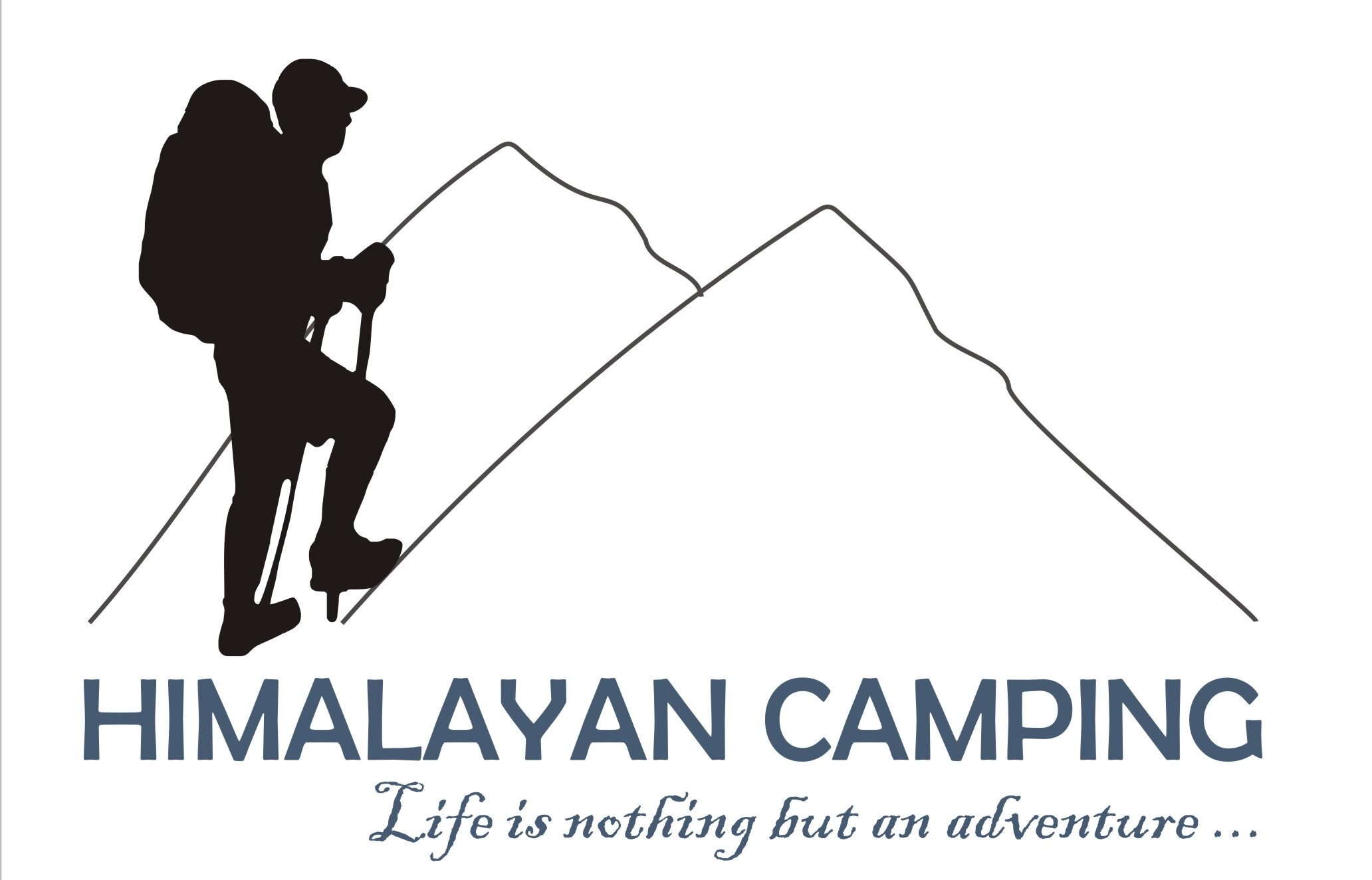
Dos and Don’ts
DOs AND DON’Ts
There is no way to prevent completely the ill effects of extreme altitudes. The Dos and Don’ts are: –
DOs
- To be well acclimatised at around 6,500 meters and well equipped to start with.
- To keep well hydrated by drinking over 03 liters of fluids per day.
- To stay above 7000 meters for as short a time as possible, and certainly no longer than a week.
- To think about the effects of wind cold and make camps and caves as snug as possible.
- To descend if unwell without expecting to recover from even apparently minor illness at high altitudes.
- To spend as much time possible resting below 5500 meters between high climbs.
- Leave word of your route and proposed time of return. Always report your return.
- Dig a hole to make a latrine and replace the turf.
- Remember the danger of starting a fire.
- Know rescue facilities available in the area and procedure in case of accidents.
- Wear clothes loose and in many layers with an outer wind-proof covering.
- See that your climbing boots can take two pairs of socks.
- Keep your feet dry. Use dusting/ foot powder before wearing socks. Change into dry socks as soon as you reach camp.
- Keep your boots from freezing at night. If necessary place them inside your sleeping bag.
- Use well fitting gloves/ mittens to protect your hands and fingers.
- Use suitable tinted snow glasses to protect against snow blindness.
- Apply cream or calamine lotion to exposed parts of the body to avoid sun-burn.
- Get prompt treatment for minor cuts, blisters and ulcers.
- Move your fingers, toes and facial muscles and exercise your limbs during periods of immobility by wriggling the toes and fingers and wrinkling the face muscles at intervals. Watch each other for early signs of frostbite. If the tip of nose of one is affected, the other should draw his attention to it and render first aid.
- Take liberal quantity of hot, sweetened fluids and enough nourishment to provide energy for your laid down task.
- Know the local weather. Weather conditions change rapidly. Be prepared to turn back in the interest of overall safety.
DON’Ts
- Do not tackle what is beyond your training and experience. Ensure that your equipment is in good condition.
- Don’t go into the mountains alone unless you have necessary experience.
- Don’t make loud voices and use radios as these disturb others.
- Do not throw stones and dislodge boulders.
- Do not pollute water.
- Do not remove the plants, flowers and trees or damage them.
- Don’t disturb wildlife.
- Do not wear climbing boots that leak or are tight.
- Do not permit your socks to wrinkle under your feet inside the boots.
- Do not neglect minor injuries like cuts, blisters and ulcers as they predispose to frostbite.
- Do not sleep with your boots on.
- Do not touch cold metal. Touching cold metal with bare hands peels off a thin layer of skin, especially when the hands are damp.
- Do not carry too heavy a load. Do not over-exert. Fatigue predisposes to effects of cold.
- Do not neglect eating or taking enough fluids. At great heights food appears dull and the appetite is poor.
- Do not have alcohol at heights.
- Do not forget to carry your survival pack.
- Do not leave behind your first aid kit.
- Do not disturb mountain ecology and nature’s balance.
Keep The Mountains Clean

